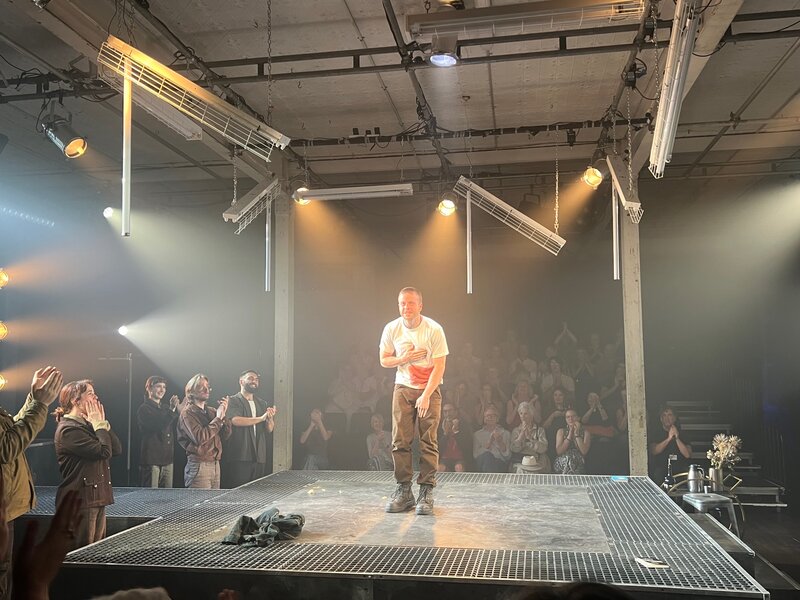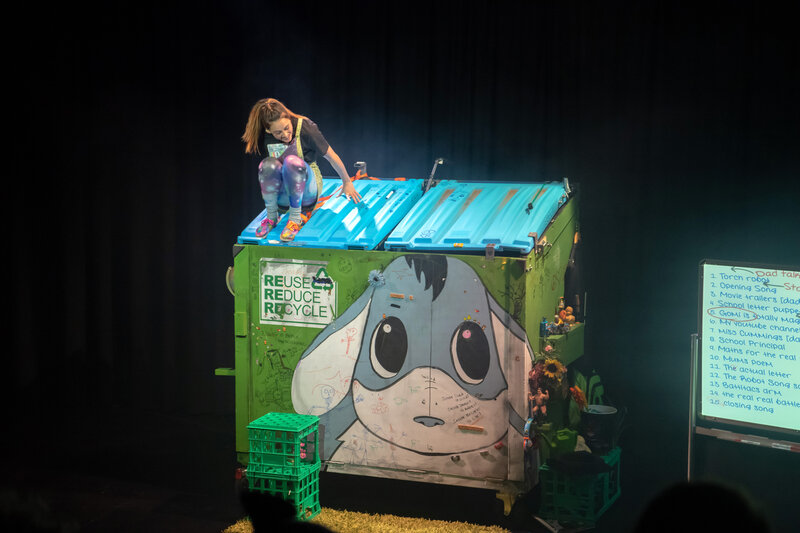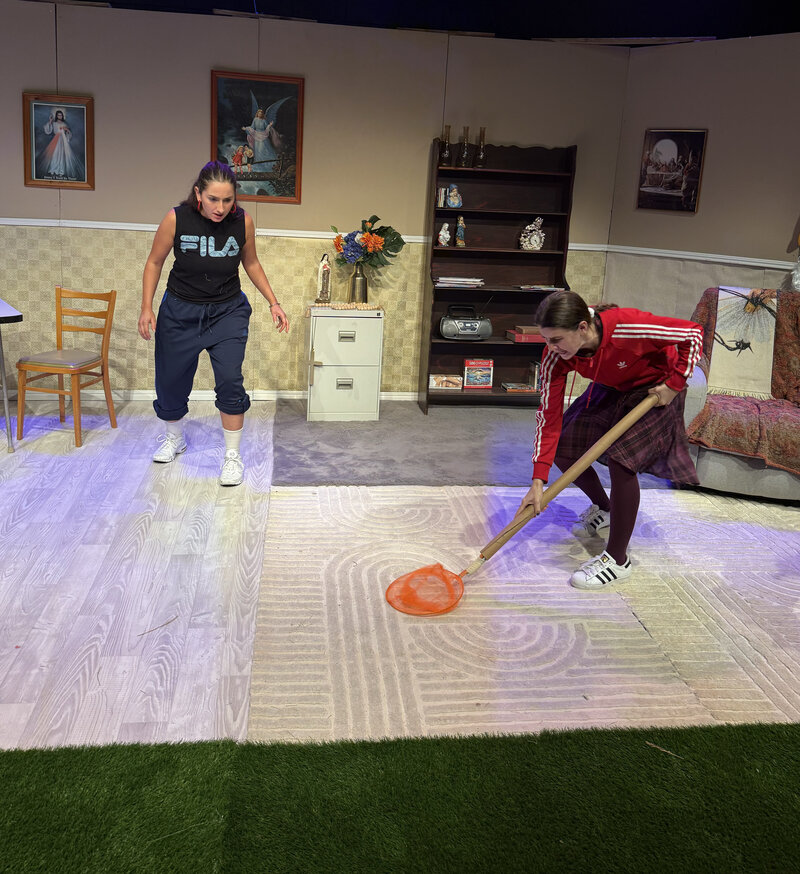Debate continues regarding the issue of marriage equality and same sex marriage, particularly here in Australia where our conservative politicians are slow to react to the change in public consciousness on a global basis. And those opposed to the concept still bandy about concerns about “the welfare of the children” and the lack of either maternal or paternal influences. Those who still harbour concerns about the damage caused to society by same sex marriage would do well to check out Gayby Baby, a warm and fascinating new documentary from first time feature filmmaker Maya Newell.
 This largely crowdfunded film offers up a sensitive and heartfelt look at four 12-year-olds who are being raised by same sex parents. The kids seem rather well-adjusted and normal, and are being raised in nurturing environments. All of the kids are wrestling with their own problems with the help of their same sex parents, but the issues they face on a daily basis are no different to those confronting kids in traditional family structures.
This largely crowdfunded film offers up a sensitive and heartfelt look at four 12-year-olds who are being raised by same sex parents. The kids seem rather well-adjusted and normal, and are being raised in nurturing environments. All of the kids are wrestling with their own problems with the help of their same sex parents, but the issues they face on a daily basis are no different to those confronting kids in traditional family structures.
The four kids have vibrant personalities that come across, and Newell wisely uses the children’s perspective to shape the material.
We meet Gus, a boisterous youngster who is heavily into WWE wrestling, but is also exploring his masculinity, although his two mothers fear that he may be a little too violent when it comes to playing. Matt seems very mature for his age, and he is wrestling with doubts over both religion and politics, as they seem to emphasise ideas that are in contrast to the beliefs of his two mothers. A high point for Matt though comes when he attends a dinner with Prime Minister Julia Gillard with his two parents as they discuss marriage equality. At that time Gillard was opposed to the concept of gay marriage.
Ebony is interested in pursuing a musical career, and wants to win a scholarship to a prestigious music school in her neighbourhood. She gets support from her two mothers despite their pressing concerns over the health of their youngest child who suffers from a severe form of epilepsy. Graham is the adopted son of a male couple and has some learning difficulties which they are working to overcome. But then the family is forced to move to Fiji for work, which complicates matters as his parents are forced to conceal the nature of their relationship due to the social and political climate.
The issue is a deeply personal one for Newell, who was herself raised by same sex parents. She has observed the four families over a period of time and has gained some intimate insights into their lives.
Newell had a wealth of footage to draw upon in the editing room, and she has developed a number of narrative strands and themes to follow. The film has a nice unhurried and laid back style. Newell eschews the traditional documentary format; there is no narrator, rather she lets the stories unfold before the camera with her fly on the wall approach.
Director: Maya Newell
Release date: 3 September (limited); 17 September 2015 (wider)
Rated: PG
Greg King

David Edwards is the former editor of The Blurb and a contributor on film and television




